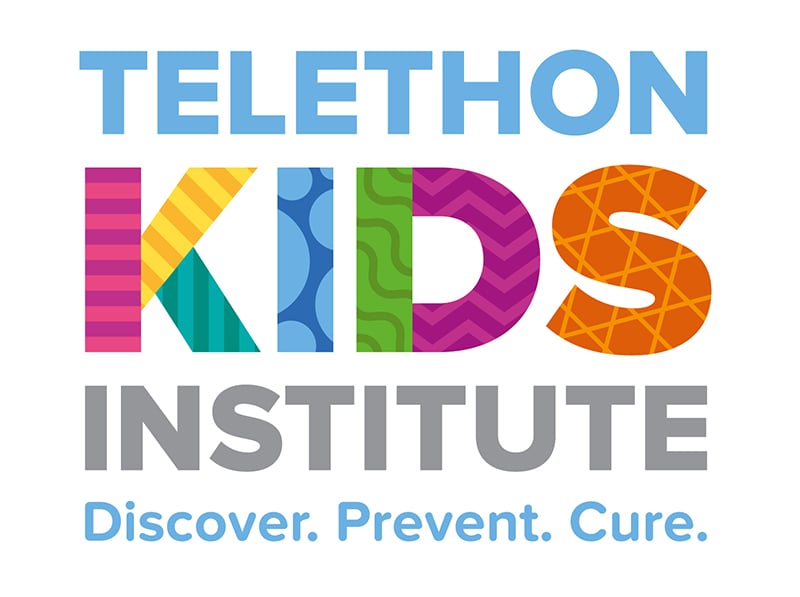
A team of Australia’s top infectious disease experts will lead a clinical trial to determine whether combining different Covid-19 vaccines in the nation’s booster immunisation will increase effectiveness.
The three-year project has been funded by a more than $4.1 million grant from the Federal Government through the Medical Research Future Fund.
The Platform Trial in Covid-19 Vaccine Boosting (PICOBOO) will investigate whether immunity is boosted by “mixing” vaccine booster types, and how regularly boosters would be required. It will also examine whether the different dominant variants of Covid-19 have the same reaction to vaccine boosters.
The study will include collaborators from The Kids Research Institute Australia, The University of Western Australia, Perth Children’s Hospital, Launceston General Hospital, RMIT University, The University of Adelaide, The University of Sydney, and The Doherty Institute.
Professor Peter Richmond, Head of the Vaccine Trials Group at the Wesfarmers Centre of Vaccines and Infectious Disease at The Kids Research Institute Australia and Head of Paediatrics at UWA Medical School, said early evidence from the UK suggested there was a benefit to using different vaccine types in the booster schedule.
“All of the vaccinated people in Australia have had either the Pfizer or Moderna mRNA vaccines, or the Astra Zeneca viral vector vaccine – with Novavax hopefully coming online soon,” he said.
This project is trying to determine which vaccine combinations work best when giving boosters, in terms of having a stronger initial antibody response but also a longer-lasting immune response as well as being well tolerated. We can use this information to give us better protection from Covid-19 now but also to help adapt the vaccination regime as new variants of the virus emerge and new vaccines become available.
Professor Richmond said the project will recruit 600 vaccinated adults, randomising which booster they are given and tracking how long their immunity lasts. He said the project will also examine how the booster shots cover the different strains of Covid-19, including future mutations.
“Current vaccines are focused on the original Wuhan strain of the virus, so in 12 months from now we may be dealing with a new dominant strain of Covid-19,” he said.
“We will be able to go back to the samples we’ve taken as part of this trial and see what effect the different vaccine combinations have had on the new viruses that emerge.”
The project aims to start enrolling adults in the early part of 2022, recruiting adults in Perth, Adelaide, and Launceston. Professor Richmond said the team would work quickly to share its data, given Australians are already starting to have their booster vaccines.
“We don’t know yet if Covid-19 vaccines will need to be given yearly like the influenza vaccine, so it is vital that we have ongoing data and surveillance of the booster regimes” he said.
To register your interest for COVID research studies please contact Vax4COVID@telethonkids.org.au
 |
 |
 |
